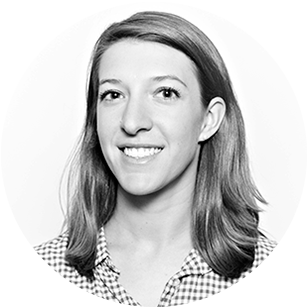The ephemeral beauty of a lapse in time
A D.C. photographer ditches her camera to create abstract images in the darkroom
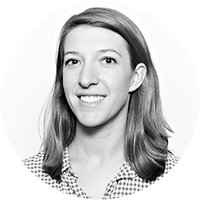
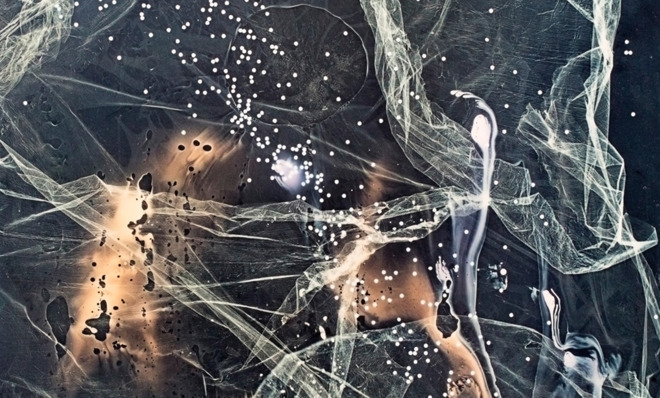
A free daily email with the biggest news stories of the day – and the best features from TheWeek.com
You are now subscribed
Your newsletter sign-up was successful
Tatiana Gulenkina spent her final semester at the Maryland Institute College of Art stressing over a culminating photo exhibit. The work was meant to showcase what she had learned, what she aimed to photograph moving forward, and — of course — whether she could make it in the competitive world of film and photography. No pressure or anything.
Gulenkina would escape from her worries to the darkroom where she began experimenting with image creation techniques that were a little more abstract.
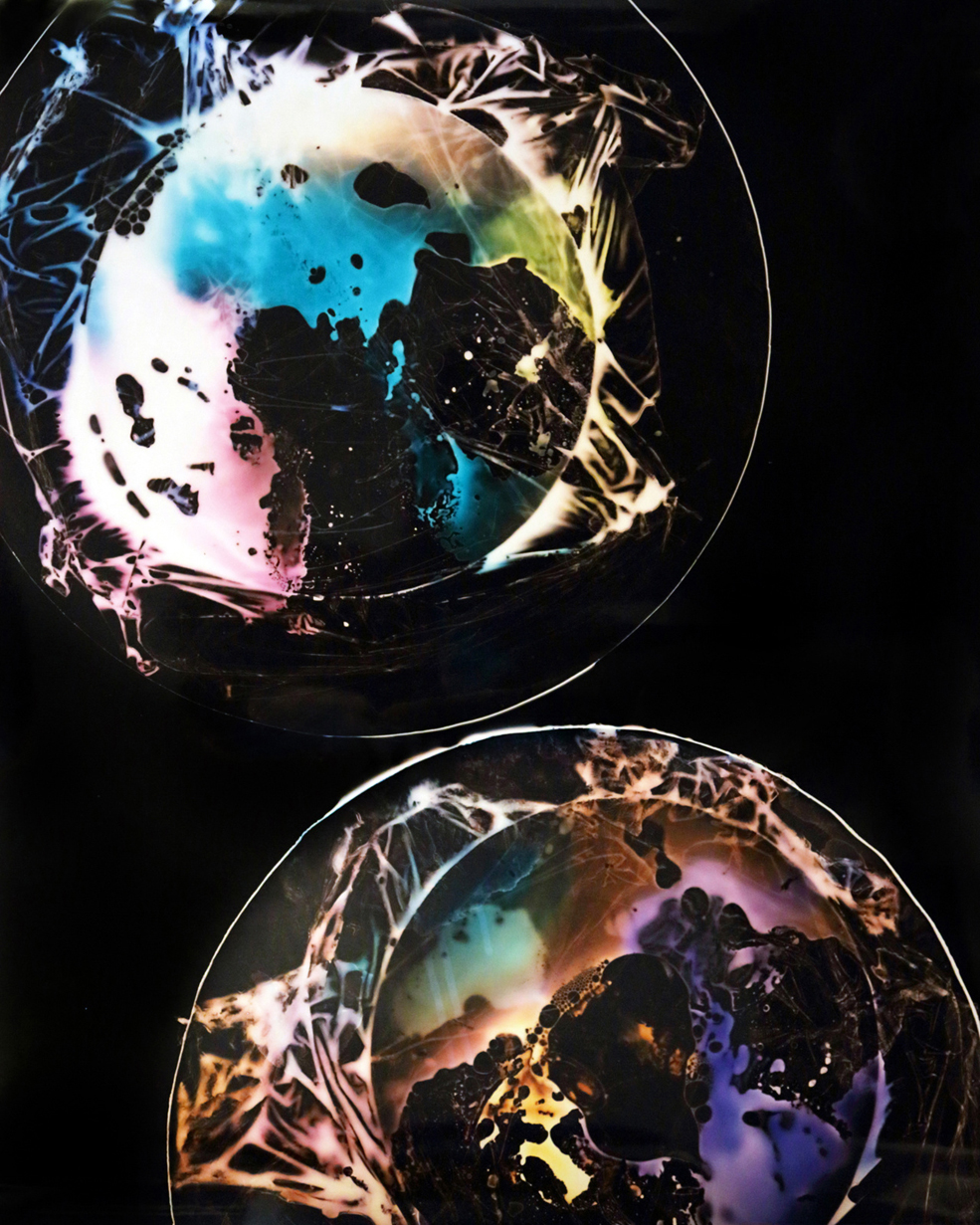
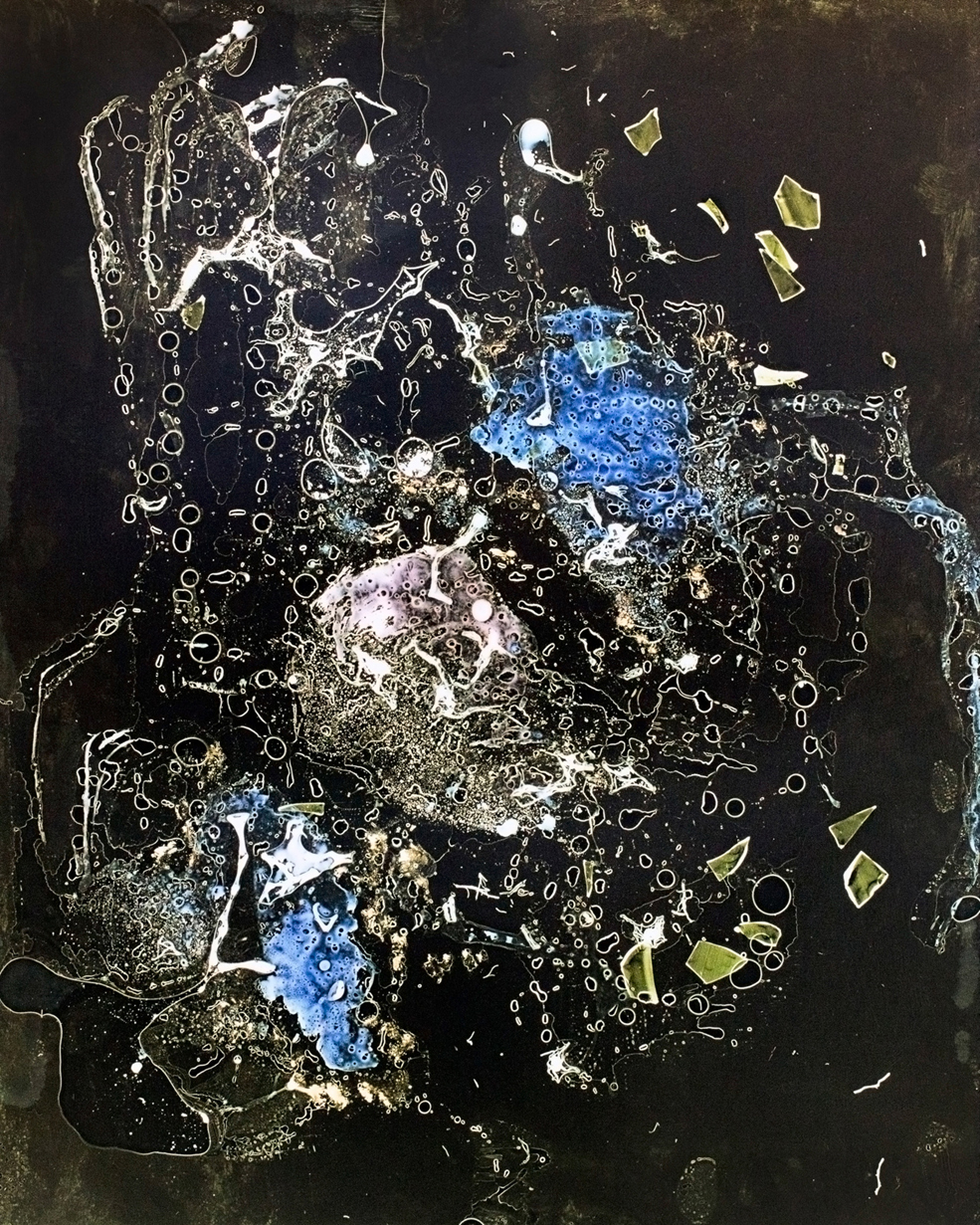
Ironically, it was this playful, after-hours project that Gulenkina devoted herself to following graduation. Four years later, the Washington, D.C. resident, now 26, says Things Merging and Falling Apart influenced her to part with more traditional photography methods and embrace alternative processes.
The Week
Escape your echo chamber. Get the facts behind the news, plus analysis from multiple perspectives.

Sign up for The Week's Free Newsletters
From our morning news briefing to a weekly Good News Newsletter, get the best of The Week delivered directly to your inbox.
From our morning news briefing to a weekly Good News Newsletter, get the best of The Week delivered directly to your inbox.
The images in Gulenkina's series are created without using a camera. Instead of relying on a strip of film, she places a sheet of paper directly on the darkroom's baseboard, then arranges — in complete darkness — objects such as seeds, plants, and strands of hair on or suspended above the paper. Once the composition is set, Gulenkina exposes her work as she would a traditional picture. But instead of revealing a replication, the resulting photogram twists and turns the original makeup of the materials into nearly unrecognizable shapes. That process speaks to Gulenkina's interest in expanding photography past a single moment.
"There is a lot to be said about the symbolism and meaning of each element," she says. "For me, it's more about the detachment. That the goal of your work is viewed as not a creation of another pretty object, but as a means of achieving greater personal freedom."
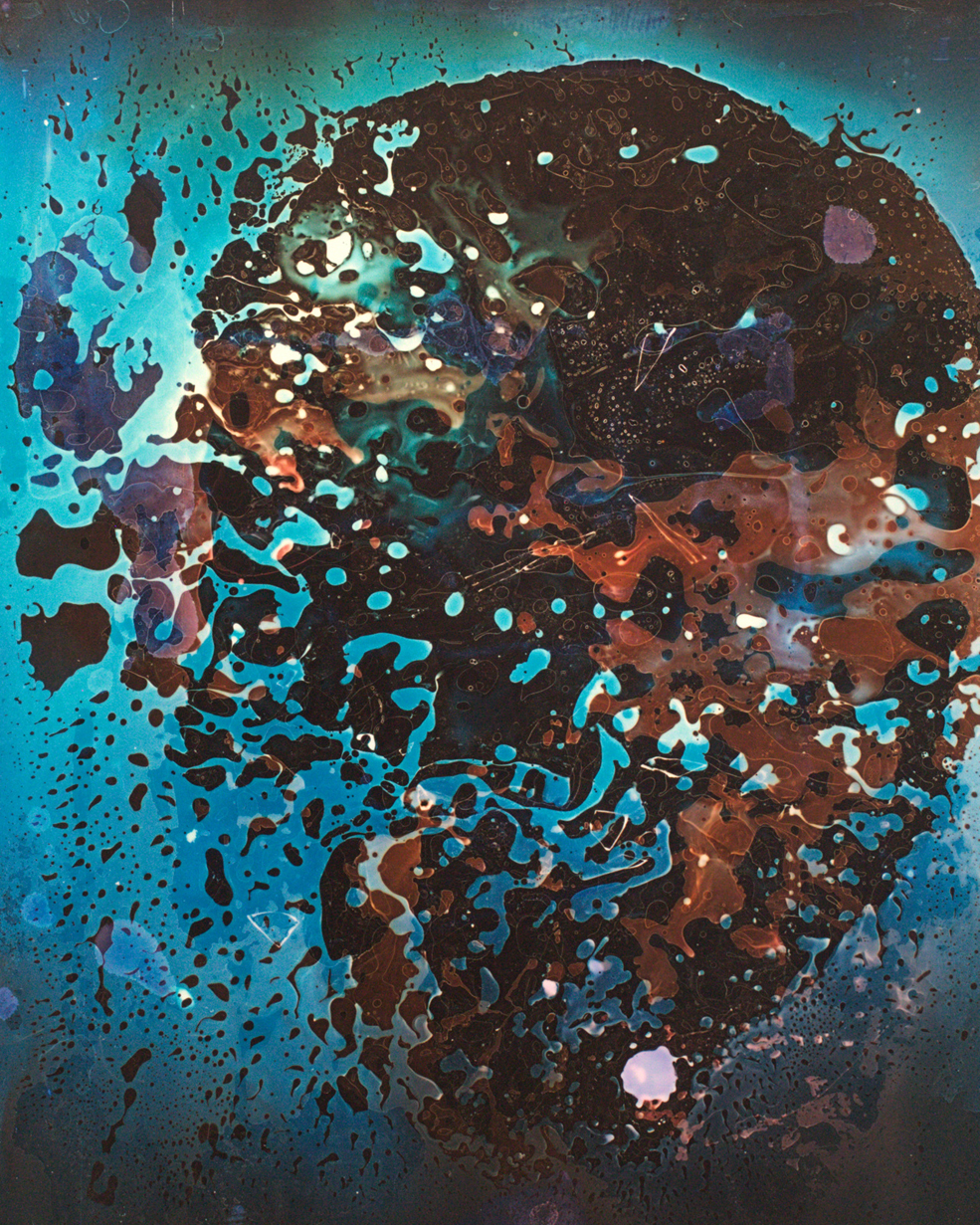
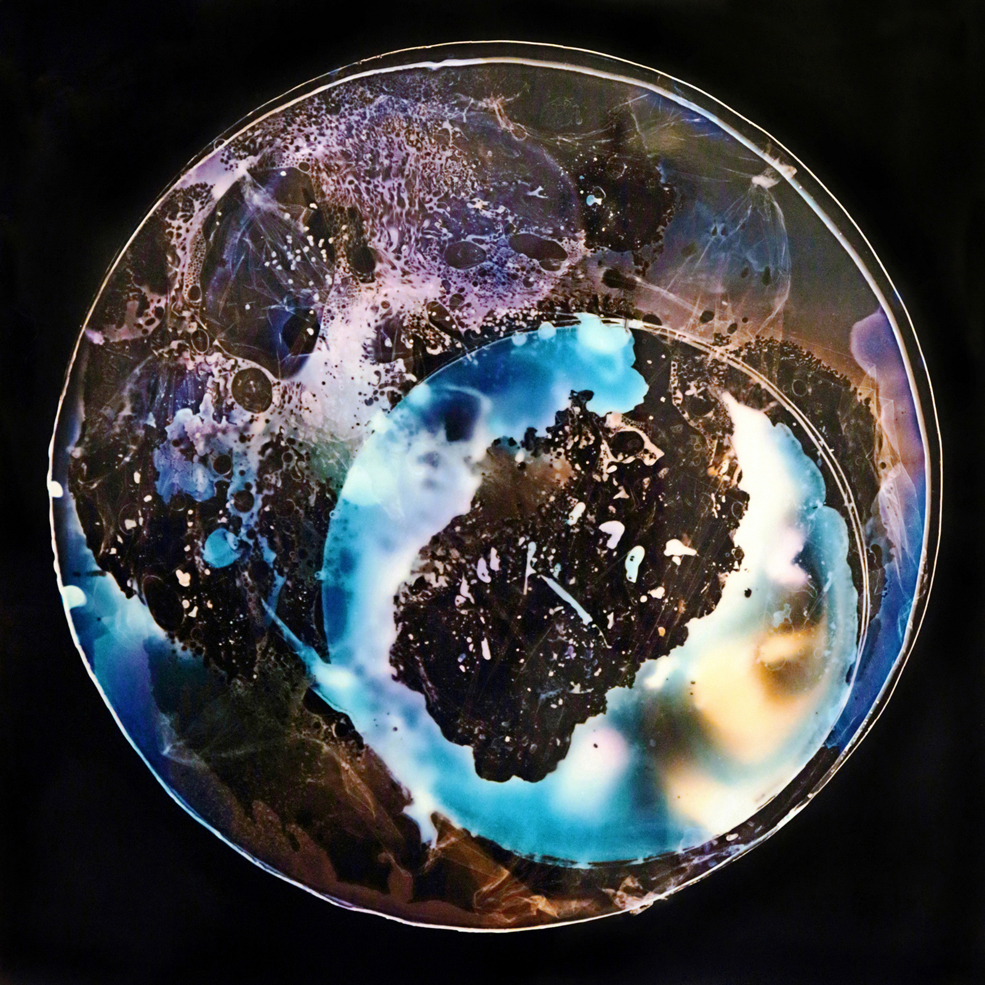
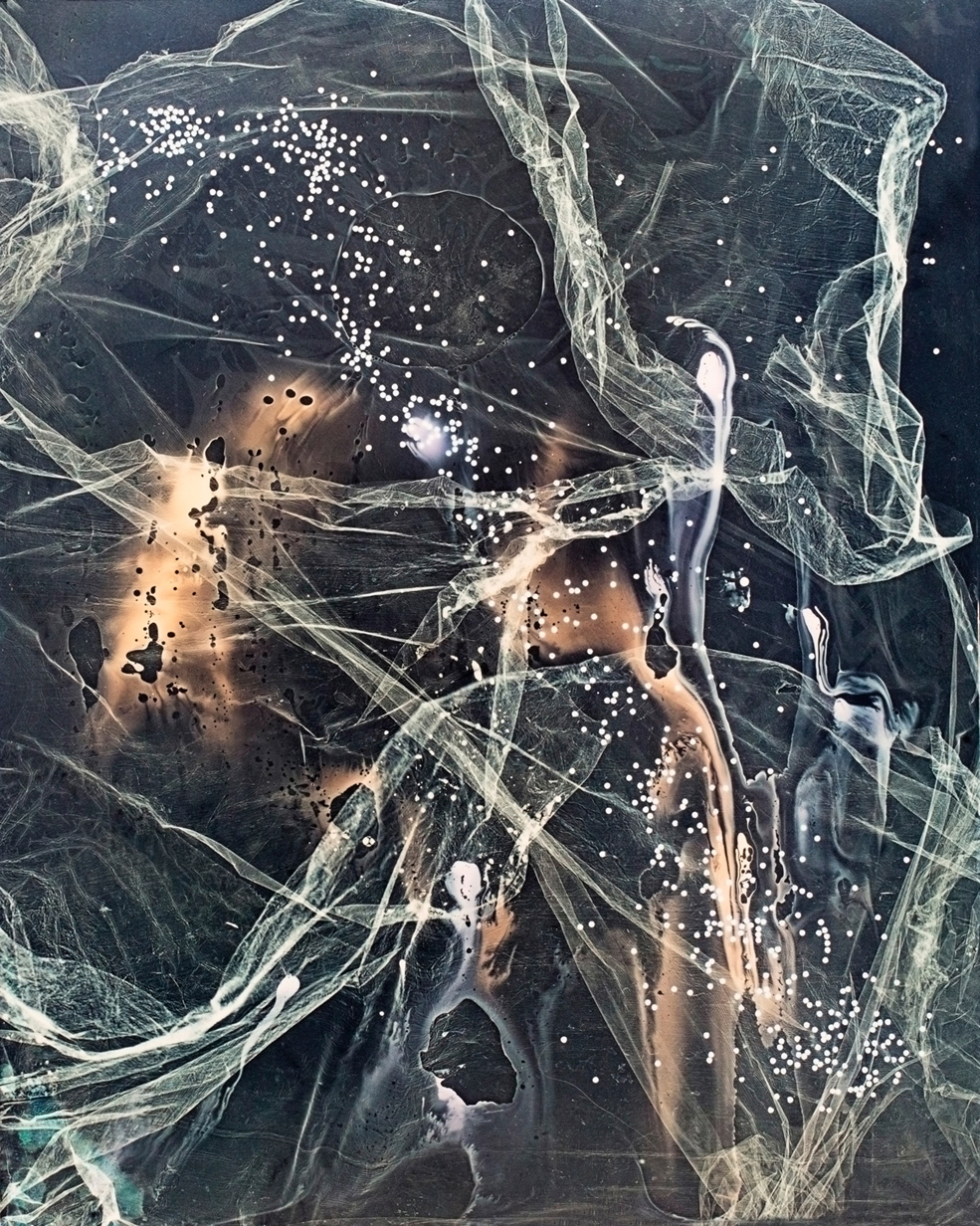
Over time, Gulenkina expanded her methods. She discovered that hanging her chosen objects over the paper instead of directly on it created a more three-dimensional result; she started using multiple sheets of glass, which creates a layering effect she calls "Photoshop circa 1890;" and she even began moving her composition around during the minutes-long exposure to really push the abstraction.
"Learning (how to create the photograms) happens by trial and error," Gulenkina says. "There is really no other way around it. That's very frustrating at first, exciting after a few weeks, and then it's just a lot of work, which I can't say I don't enjoy."
A free daily email with the biggest news stories of the day – and the best features from TheWeek.com
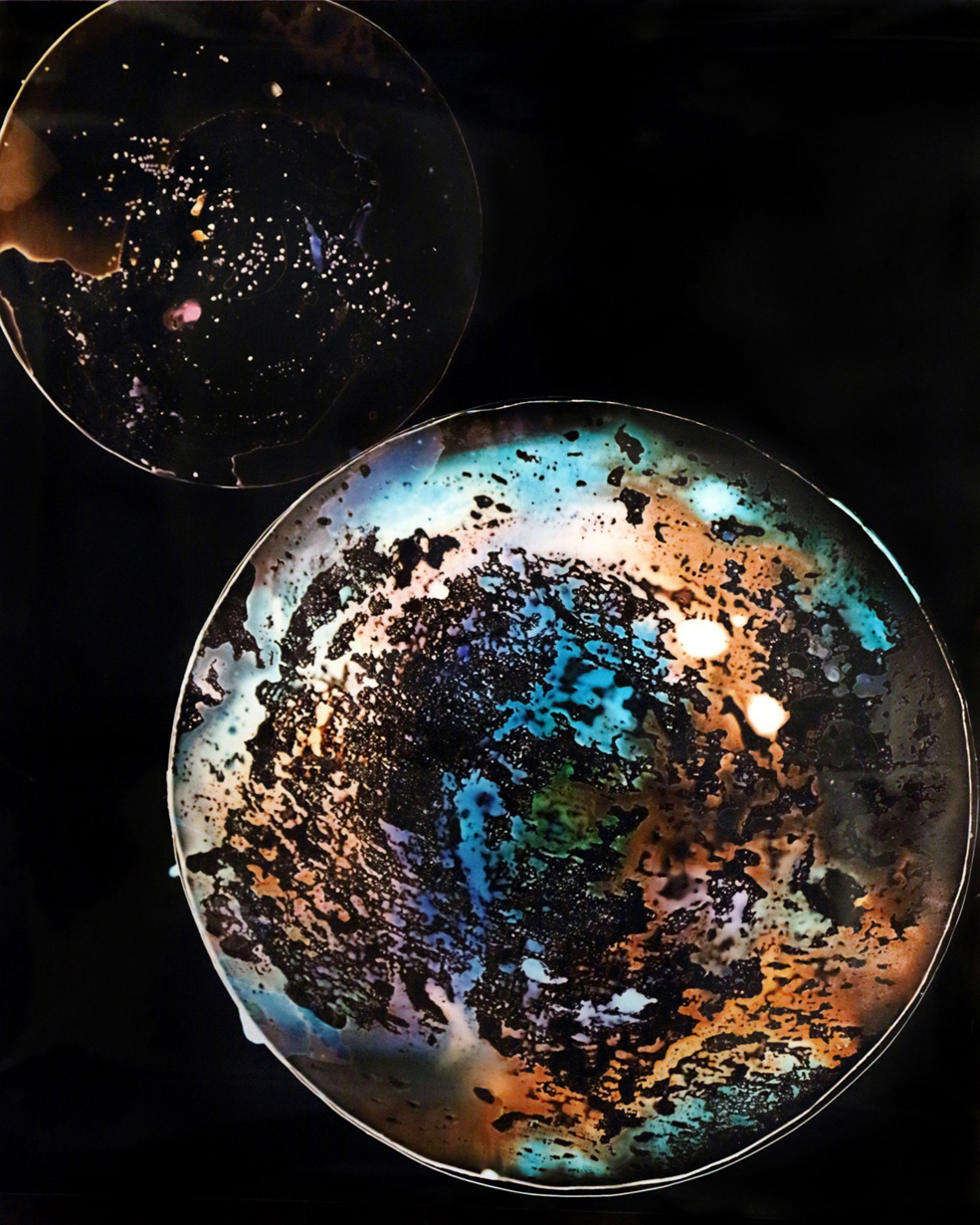
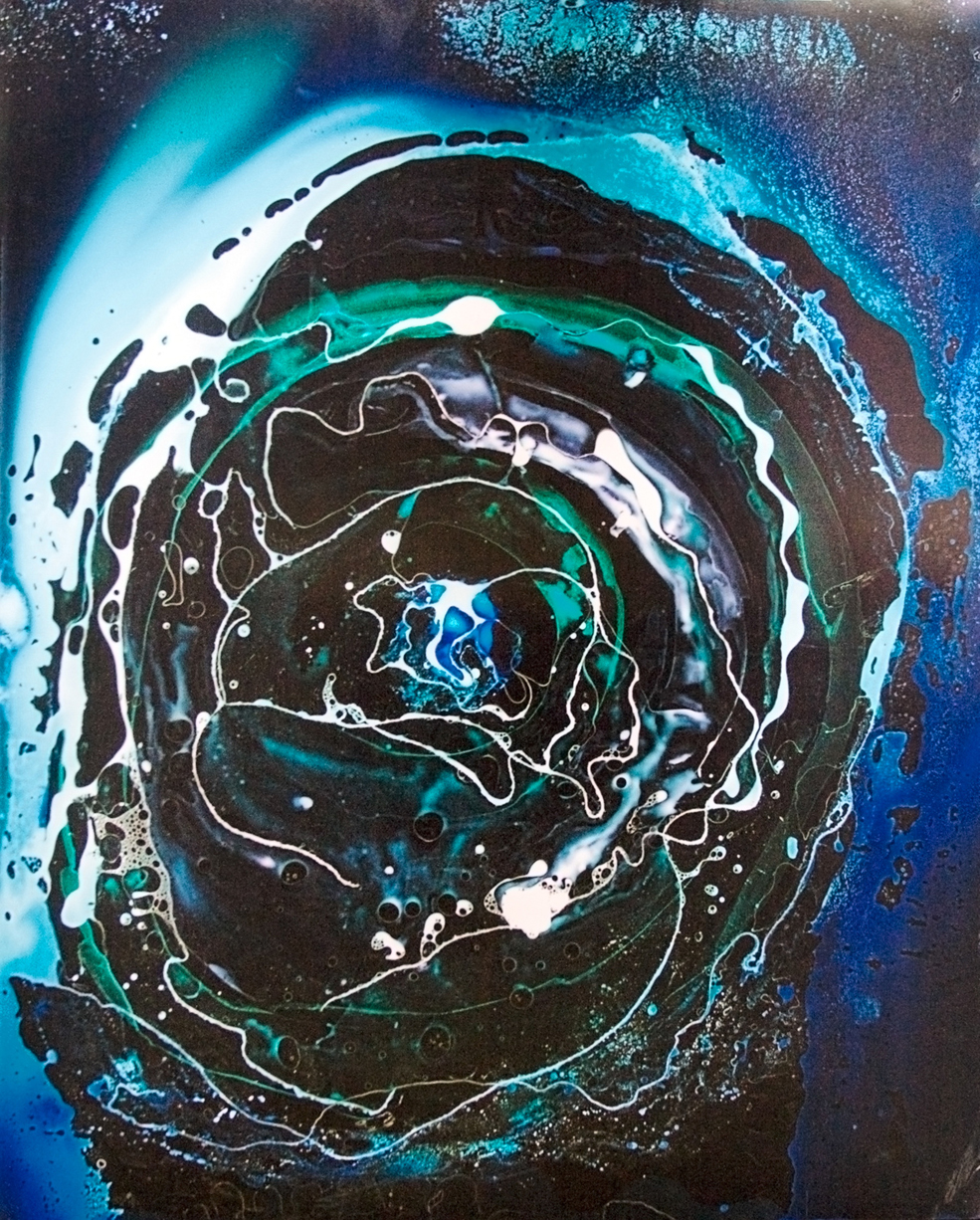
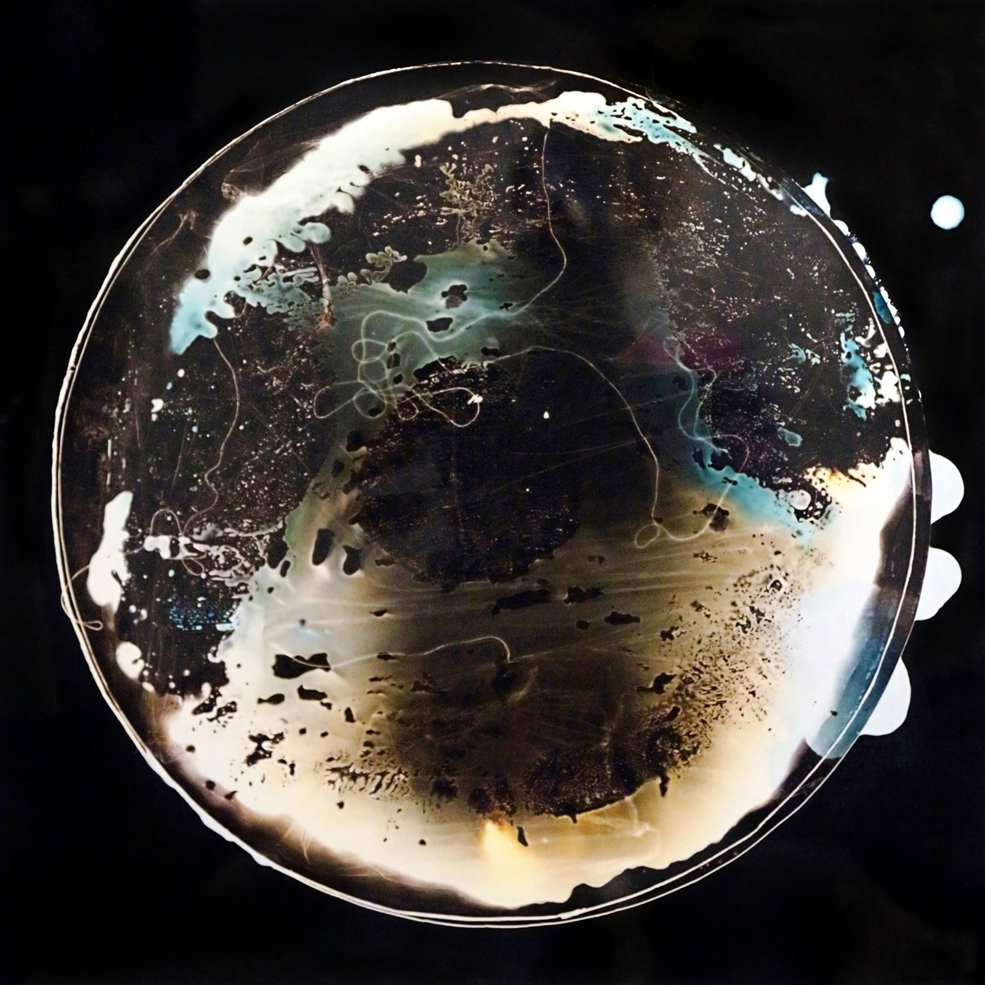
The resulting images, so devoid of specificity, beg of Rorschach-test-like answers. One image is reminiscent of oil slicks on a hot pavement; while another, with its ever-so-thin swirls, elicit memories of warm summer evenings, the wind whipping through long hair. The possibilities are personal and plentiful.
For Gulenkina, many of the photograms bridge micro and macro, as though they might land under a microscope, then float through a telescope's lens.
"Photographs are usually just flat prints or digital images on the screen," she says. "But I think there are some interesting ways one can bring up the notion of time."
And, when it comes to time, the photographer says she hopes to remind viewers of her work just how beholden they are to those larger, ephemeral forces.
"Both random finds and natural forces are often playing a bigger role in our lives than we're willing to admit," she says.
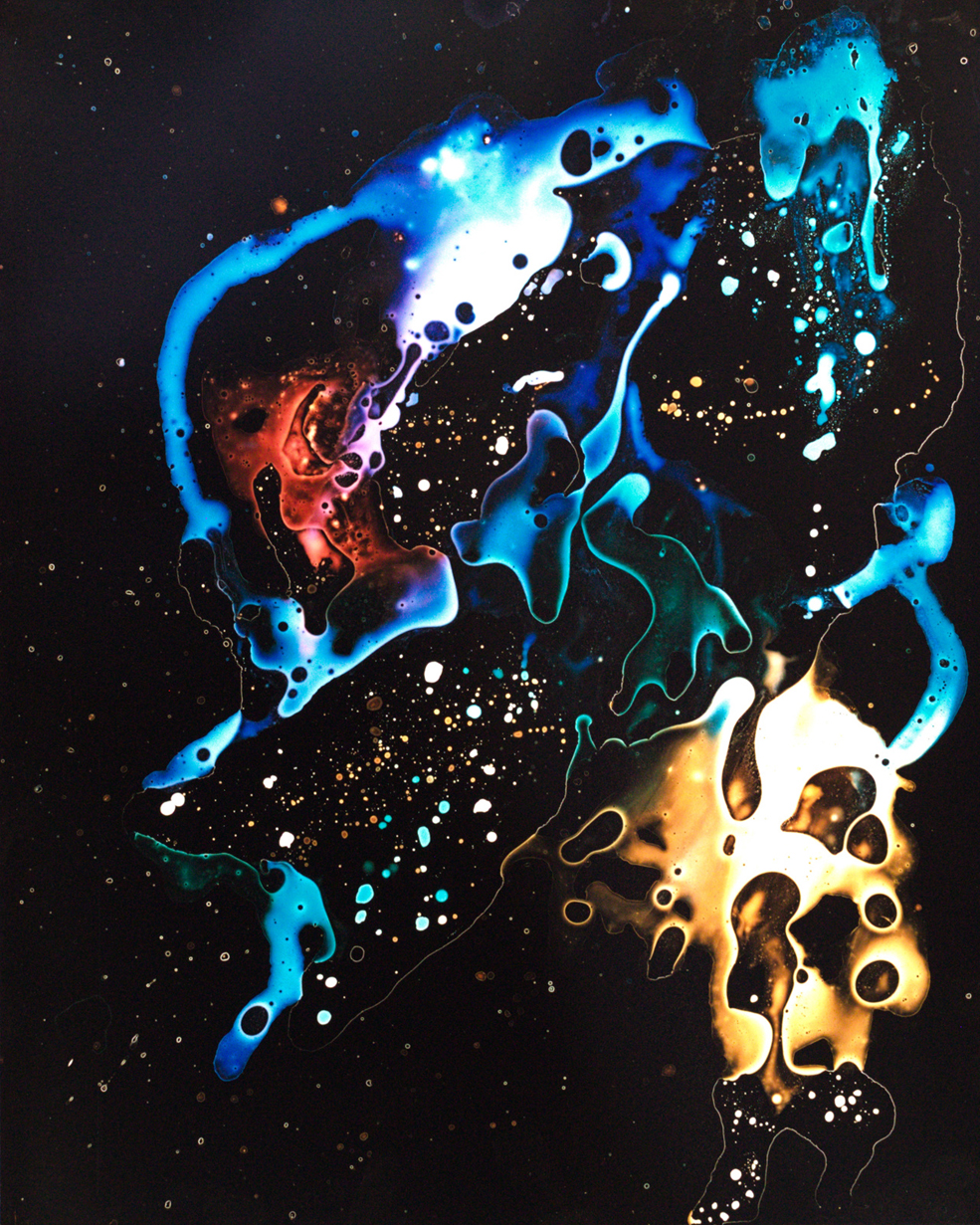
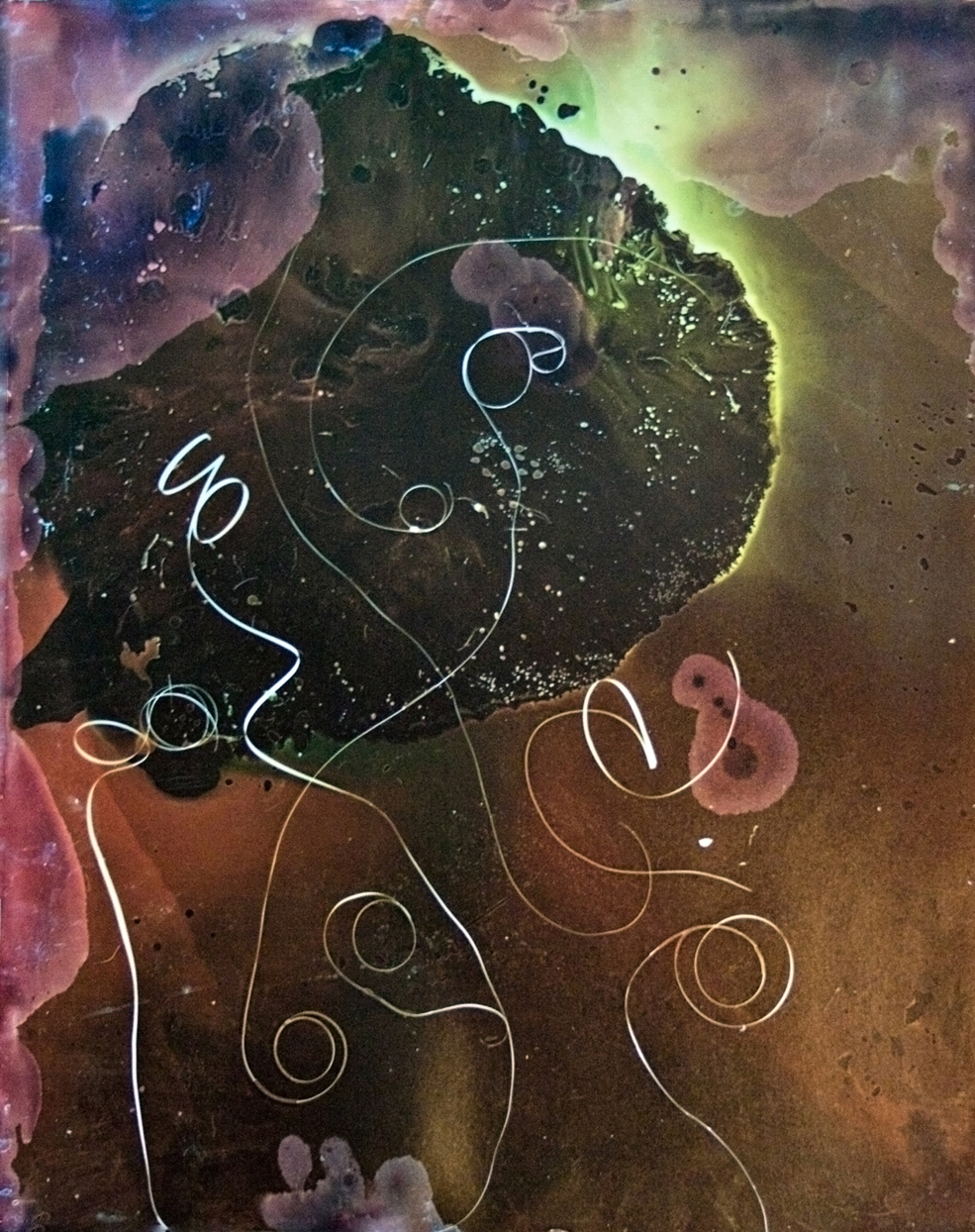
Sarah Eberspacher is an associate editor at TheWeek.com. She has previously worked as a sports reporter at The Livingston County Daily Press & Argus and The Arizona Republic. She graduated from Northwestern University's Medill School of Journalism.
-
 Health insurance: Premiums soar as ACA subsidies end
Health insurance: Premiums soar as ACA subsidies endFeature 1.4 million people have dropped coverage
-
 Anthropic: AI triggers the ‘SaaSpocalypse’
Anthropic: AI triggers the ‘SaaSpocalypse’Feature A grim reaper for software services?
-
 NIH director Bhattacharya tapped as acting CDC head
NIH director Bhattacharya tapped as acting CDC headSpeed Read Jay Bhattacharya, a critic of the CDC’s Covid-19 response, will now lead the Centers for Disease Control and Prevention
